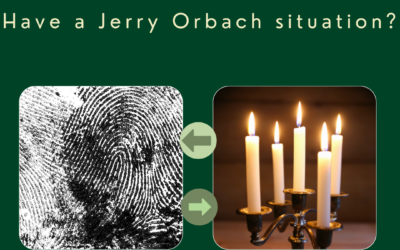Recently, when speaking with another woman of a certain age, we were both lamenting the loss of civility in the workplace. This loss of civility far predates working from home, Covid-19, and Zoom Meetings. As we grappled with this loss and tried to determine just what seems to be missing from the workplace—it came to us: deference.
Our conversation and the death of deference had been sitting in the back of my mind for days. Then enter Memorial Day weekend filled with articles and stories about military heroes.
One piece that appeared in my newsfeed over the weekend was about PT 109, the ship that President Kennedy skippered in WWII. At first I couldn’t understand why there would be a new item about PT 109; when I looked more closely I realized it was a reprint of one penned in 1944, shortly after he had recovered from the injuries sustained in that accident. This piece was written more to educate the readers to the terrors of the war in the Pacific Theatre, than it was to make a hero out of a young lieutenant. But as we all know, the rest is history.
I recently read how much President Obama admired President George H. W. Bush, and visited him just three days before he passed away. I re-watched the remarks and interaction when Number 44 awarded Number 41 the Medal of Freedom, and he began those remarks with “From a decorated Navy pilot who nearly gave his life in World War II …”
It’s history. How can you have deference without history? You might still find deference in families, because in families we tend to know people’s ages and their histories. We used to have it in companies, because people stayed in organizations their entire careers. I once was with a group of Nabisco professionals and one leaned over to me and whispered of another, “He is the guy who got the bubbles out of the Oreo cream”—not only with deference, but with awe! When I was a youngster at Coopers & Lybrand, someone confided about the nicest partner I’d met, “He was the youngest person to ever make partner.”
When people worked together for longer periods of time, folks remembered who had saved your behind—and it didn’t need to be as dramatic as tugging you behind them while swimming three hours in the Pacific. It was the opposite of having to sing your own praises, people sang YOURS because everyone worked together long enough to know your strengths and weaknesses, why you could be counted on, and when you’d been a hero and saved the day.




0 Comments